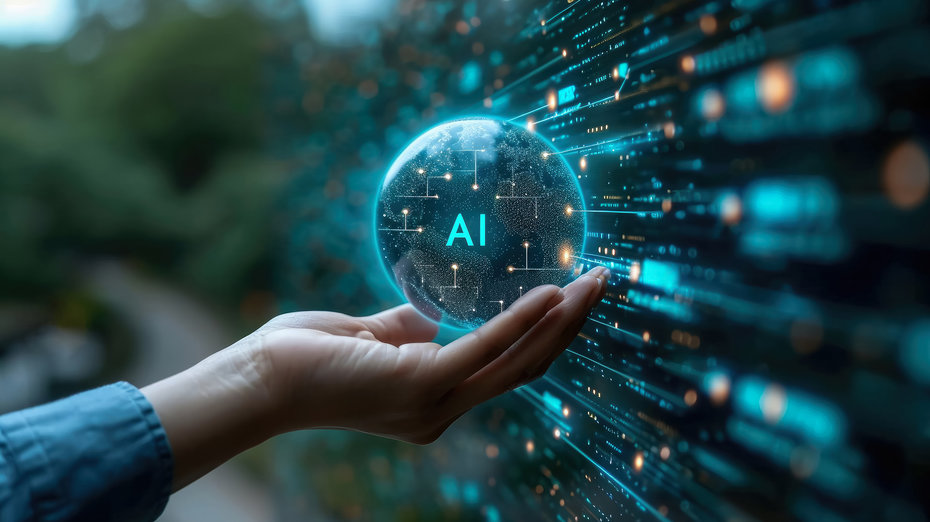If you’re completely in the dark about AI, we have another article that explores the basics and answers some of the most common questions (read here).
In today's rapidly evolving digital landscape, artificial intelligence (AI) is making significant strides, particularly in the realm of marketing copy. It may seem like a golden ticket to some marketers - it lives for criticism, doesn’t need sick leave and will always have an answer for you within seconds! So, what’s the catch?
That’s a tricky question to answer, but we have a few ideas on the topic. While AI does hold remarkable potential, potential isn’t always something you can count on. To better understand what role AI may play in the future of marketing copy, we made a list of its advantages and limitations.







